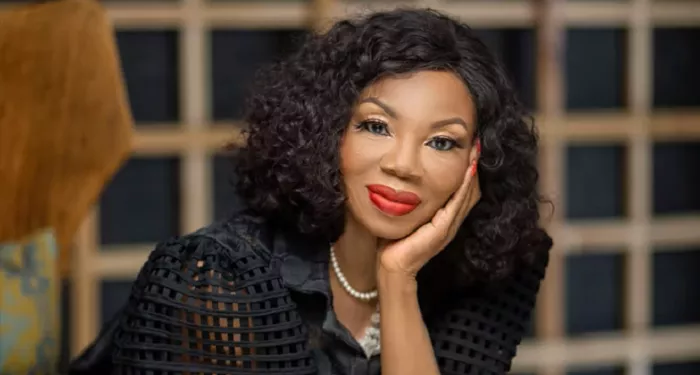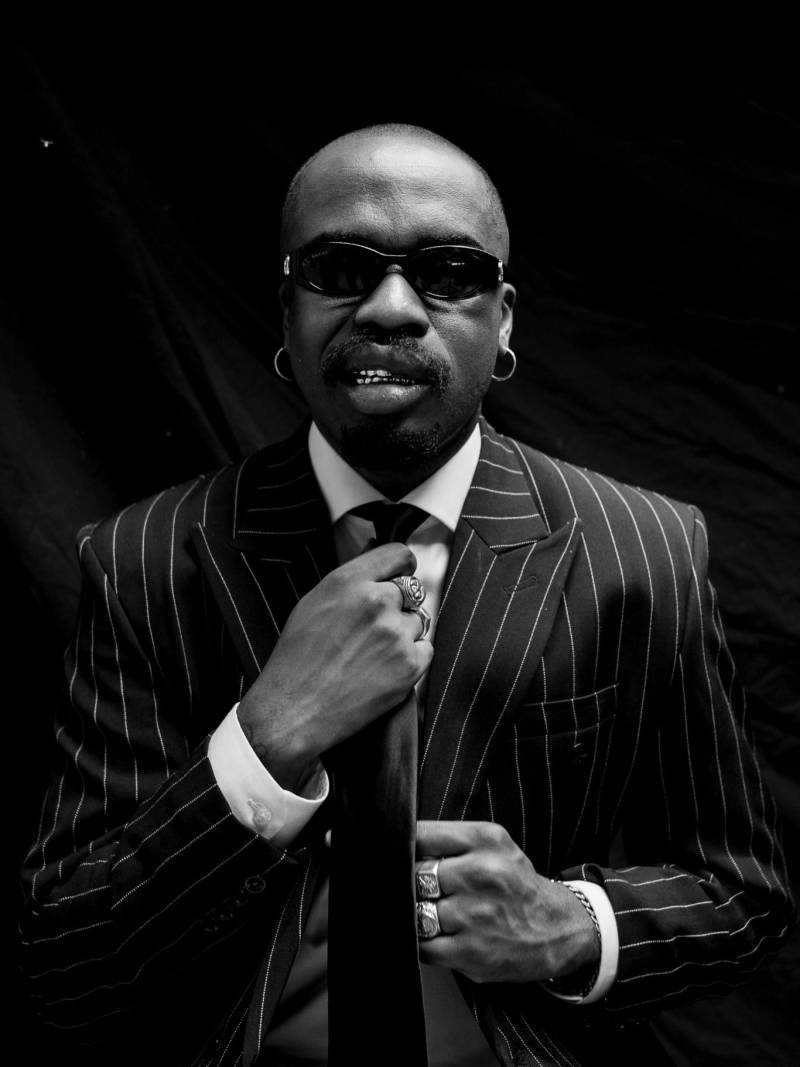Betty Irabor was honoured by the Association of Professional Women Bankers as the Most Accomplished Female Publisher in Nigeria in 2011 after almost seven years of running a popular magazine that she founded. She is quite popular for the Mental Health awareness campaigns that she champions. But there is always a story of the struggle behind fame and success, even for Betty Irabor.
Betty Irabor was born on March 25, 1957, and schooled in Lagos, Nigeria. When she finished her secondary education at the Methodist Girls’ High School, she proceeded to the University of Lagos, graduating with a Bachelor’s degree in English and Philosophy in 1980.
Although Betty loved to write and had always excelled in writing, she never really aspired to a career in journalism. Describing how she got into journalism in an interview, she said;
“My foray into journalism was quite accidental. I had graduated with the second class lower in English and philosophy. I really didn’t have any ambition for my life. When you look at these young ladies now they know exactly where they want to be from where they are. I didn’t have that. I wanted a job and my then-boyfriend, Soni had helped me to get a space in the media, the National Concord. It was just a job but it was just like okay because I loved to write. So, in a way, I can say that journalism found me.”
Although she started without any journalistic experience, Betty learned fast working with the likes of Dele Giwa, and Yakubu Mohammed. There was hardly room for mediocrity and with the constant challenges thrown her way, she improved greatly. She became a feature writer and soon was elevated to become Assistant feature editor.
Later on, she did freelance writing jobs for the Vanguard, The Guardian, and ThisDay. She also ran a column with the Black & Beauty magazine for a while, as well as a couple of other media abroad.
A late go at entrepreneurship
In 2003 at the age of 46, Betty Irabor started the glossy Genevieve Magazine, an inspirational and lifestyle magazine that published 10 issues annually. She served in dual capacity as editor-in-chief and chief executive officer, putting in long hours to build the magazine to become Nigeria’s leading inspirational and lifestyle magazine.
She recounts that publishing was something she embarked on without knowing all that was involved.
“Coming into publishing was one of those things that I said you know, what do I have to lose? But I got in there that was when I realized that oh my God, this is bigger than journalism. It was the whole gamut and I had only five years of industry experience. As a journalist, nothing qualified me to become a publisher so everything I did I learned on the job. I will never take credits for the beginning of Genevieve I had professionals who came on board and I learned from them and they learned from me,” she recounted.
After over a decade of publishing, Genevieve started transitioning into the digital space in line with technological advancement. With all the engagement happening online, hard copies are only printed on demand driven by advertising and subscription. Betty’s daughter, Sonia Irabor joined the Genevieve team at 14 with a column called the Teen zone, and many years later took over as Editor of the magazine from her mother.
A couple of years after starting Genevieve magazine, Betty Irabor started a non-profit called the Genevieve PinkBall Foundation, and this has been the vehicle for her philanthropy and for championing breast cancer awareness, early detection and treatment.
In most interviews where she talks about her successes, she never fails to acknowledge the role her husband has played in all of it. “Soni (Irabor) has been a very huge part of my career success and that’s what happens when you marry someone who’s got your back. Someone who is your biggest hype person”
Battling depression
The woman who is now considered one of Nigeria’s most influential women has not had a smooth journey all the way. Betty Irabor has had to battle with years of depression. She recalls that it started with her working long hours to drive Genevieve magazine to success.
“In the process of wanting to prove that I could be a career woman 100%, I neglected my mental health I remember that for a long time I was always popping pills to sleep. It was a bad habit but then I started having chronic insomnia like I would go a week without sleep,” she recounted.
The sleepless nights were getting her more agitated, and a bit irrational with more lows than highs. Despite seeing several doctors and taking countless prescriptions (including recommendations to take a break from work), Betty soon figured out that it was not just a health challenge on her hands.
She chronicles her journey through mental health breakdown and depression, her battles with her insecurities and her triumph in her second book, Dust to Dew, a memoir which was published in 2018.
“It is a story of becoming. it is a story about knowing yourself and accepting yourself. It’s a story about not dwelling on the past and things that you cannot control,” she said about the book.
In February 2019, Betty launched a network called My Beautiful Mind, an initiative with a vision to demystify the stigma on mental health with a view to normalizing conversation. She has had several sessions in different locations within and outside Nigeria.
Other interests and works
Aunty Betty, as she is fondly called is also the host and presenter of Life’s Lessons with Betty Irabor. She has also done some public speaking, something she avoided in her younger years due to stage fright. She recalled running away from an event sometime in her younger years, when she realised that she was supposed to give a speech, only returning when the event was over.
She said, “Public speaking was my biggest challenge, but at a stage in my life which was somewhere along the years of depression, I got to realize that I own my story and that nobody can question the story I put out there.”




